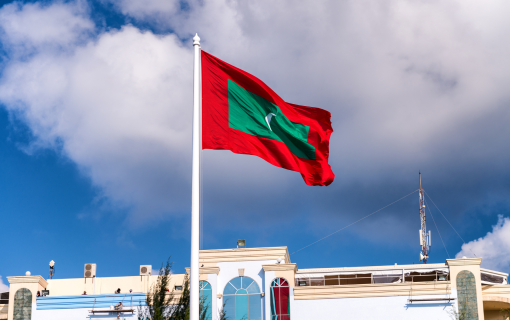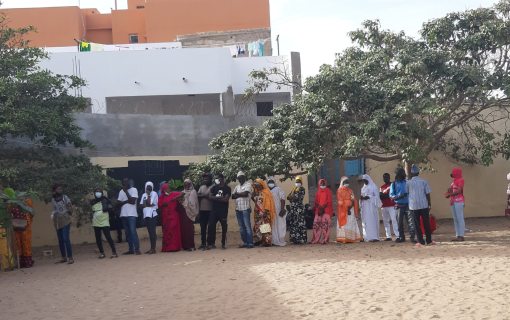Pre-Election Technical Assessment: Republic of Bangladesh, September 2000
EXECUTIVE SUMMARY
The International Foundation for Election Systems (IFES) conducted a Pre-election Technical Assessment for the next parliamentary elections in Bangladesh, which must be held by October 200l. The IFES team was comprised of Election Administration Specialist Linda Edgeworth, Legal Specialist Daniel Finn, and IFES Facilitator Valeria Laitinen. The team was deployed to Bangladesh for a two-week visit in August 2000.
The IFES consultants were asked to focus primarily on action-oriented proposals for modifications in election administration and law, which could potentially be implemented prior to the upcoming elections, possibly with donor support. The purpose was to identify interventions that could build confidence in the election process and, if possible, create inducements for the opposition to reengage in the process. At the time of the team's visit the opposition was continuing to maintain its then nine-month-old boycott of Parliament and by elections, and to organize strikes and street protests.
During their visit the consultants met with a wide range of knowledgeable persons in Bangladeshi society, including the chairman and members of the Election Commission, and representatives of the government, political parties, civil society, the academic community, the media, and the donor community. The team also visited Mymensingh where they met regional government officials and election officers, as well as representatives of domestic election monitoring groups, in an effort to evaluate the election process and political environment from a regional perspective. In addition to these consultations, the team evaluated the constitutional and statutory framework for elections and assessed the status of advance preparations.
With the above objectives in mind, the team developed a number of proposals centered on building public confidence, and promoting transparency and inclusiveness in the administration of the election process. In view of the volatile and obstructive political environment and the fact that Parliament remains constrained by the absence of the opposition, the IFES consultants divided its proposals into three levels of priority.
Top priority was given to the development of proposals that the consultants believed could be addressed through technical and procedural means and that, by and large, would not require legislative action. This approach was adopted in acknowledgement of the fact any action taken by the majority coalition in Parliament on election-related issues was likely to fuel new protests from the boycotting opposition. The consultants identified several areas where procedural reform, supported by international technical assistance, could be productive in promoting public confidence and inclusiveness. These proposals focus on:
• introducing a coordinated methodology for long-term observation by the international community and civil society organizations within Bangladesh;
• increasing openness and transparency of the Election Commission and introducing a mechanism for input from political parties;
• promoting public confidence in the neutrality and independence of the Election Commission and subordinate structures;
• easing rules regarding domestic monitoring on election day; and
• reinstating codes of conduct for political parties and election officials and developing a related public awareness campaign to raise public expectations.
The consultants also developed proposals that require legislative amendments in the hope that the issues involved would be of sufficient interest to all parties that they could be acted upon without incurring the opposition's dissent. Such hopes were based on the fact that despite their boycott of the plenary sessions of the Parliament, opposition members are participating in the work of parliamentary committees, demonstrating that at least one forum exists in which the parties engage in constructive dialogue. Interim legislative proposals have been developed to address two key issues:
• the election of women to Parliament; and
• reducing the number of by-elections that overburden the system and exacerbate political tensions.
Finally, some long-term recommendations were also included. They define legislative amendments and practical measures to overcome unresolved issues that have contributed to the confrontational and obstructive nature of political interaction. They are also designed to provide inducements for the future opposition to continue to participate in the work of governance after the elections. These recommendations would address issues related to:
• strengthening of the independence of the Election Commission;
• reform of parliamentary operations;
• registration of political parties;
• reporting, disclosure, and limitations on party financing; and,
• improvement of dispute resolution and adjudication procedures.









